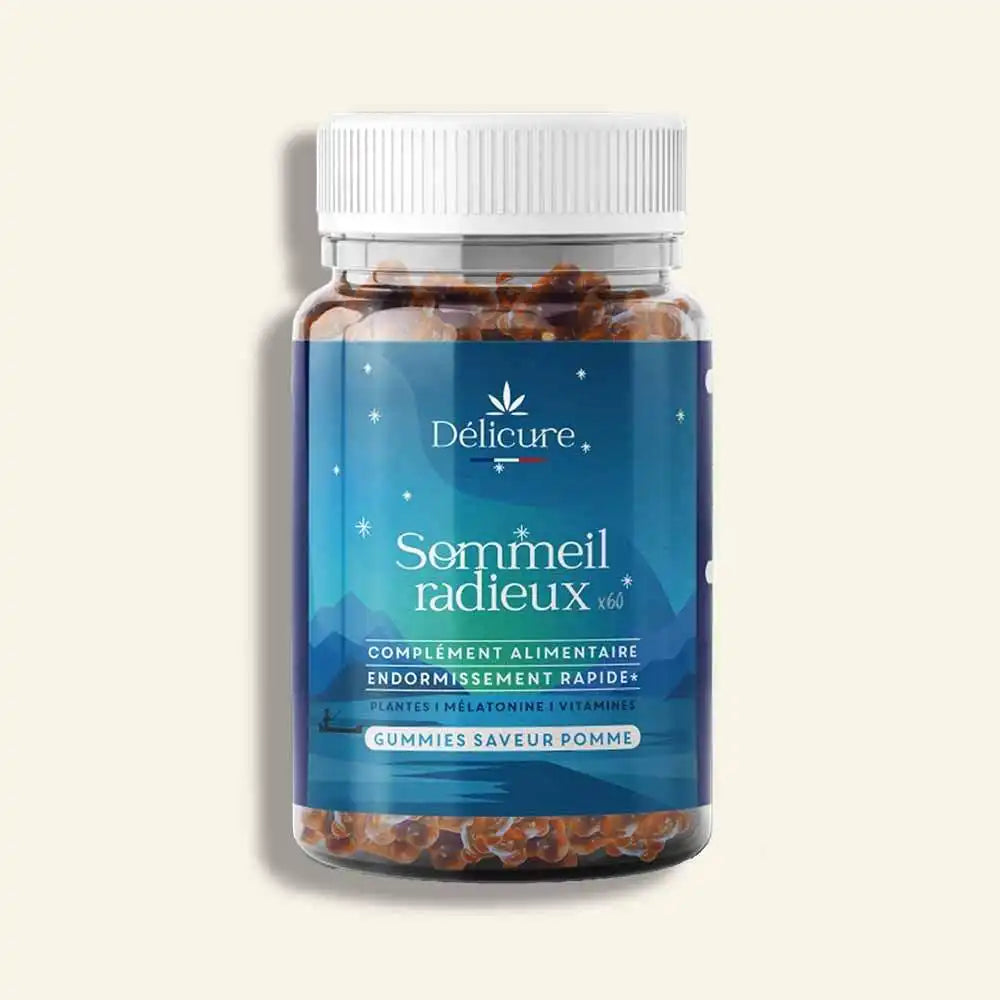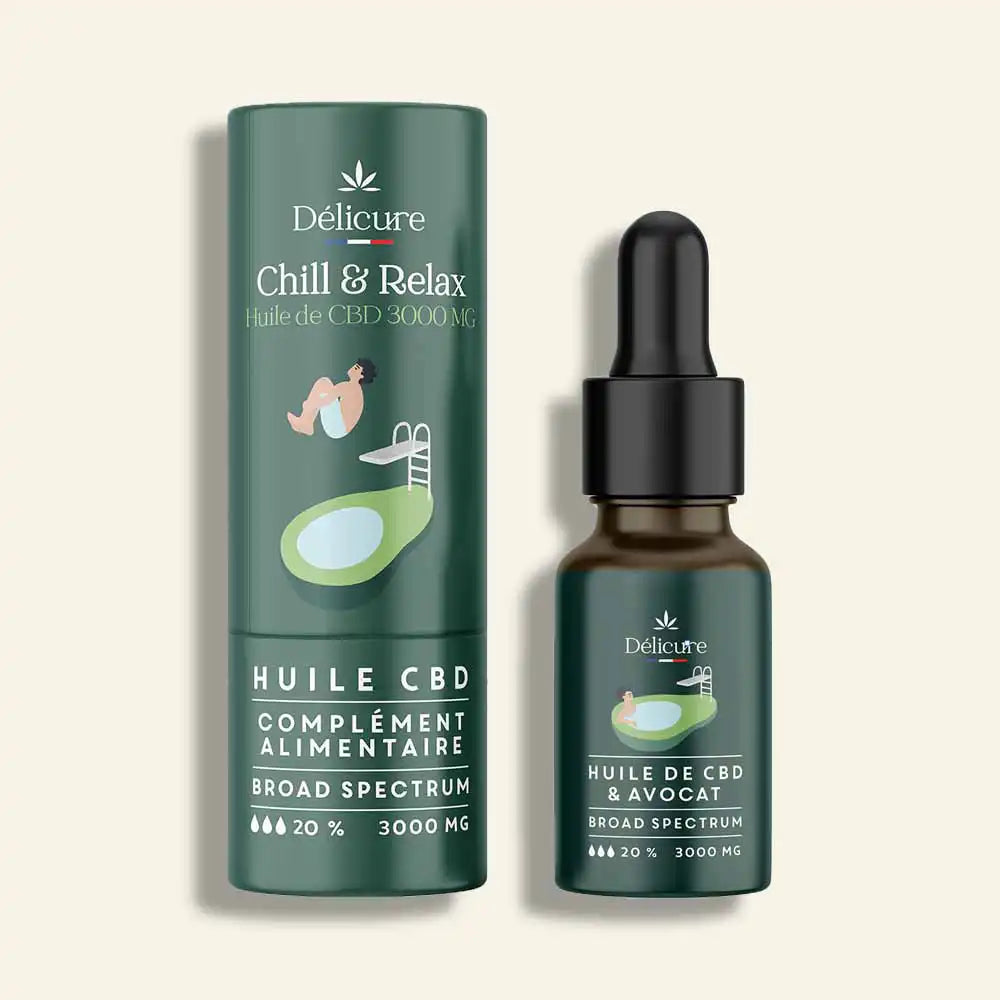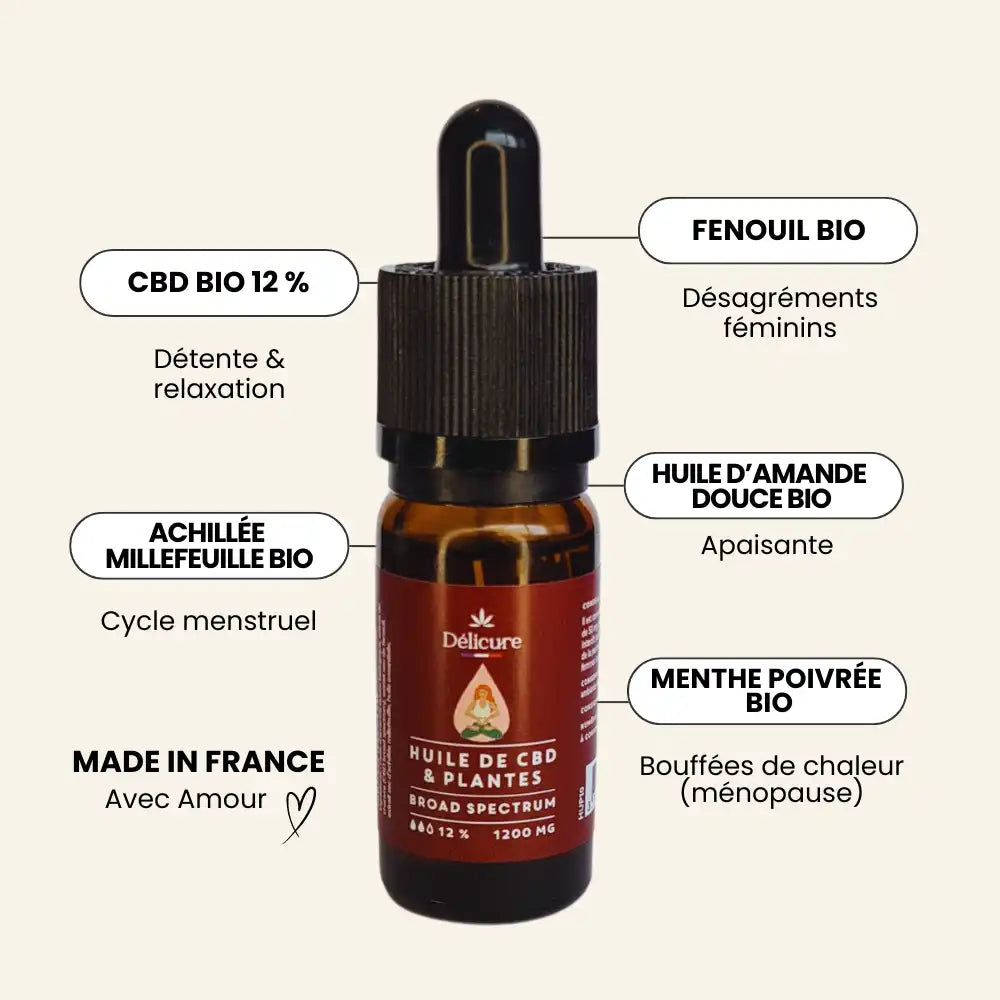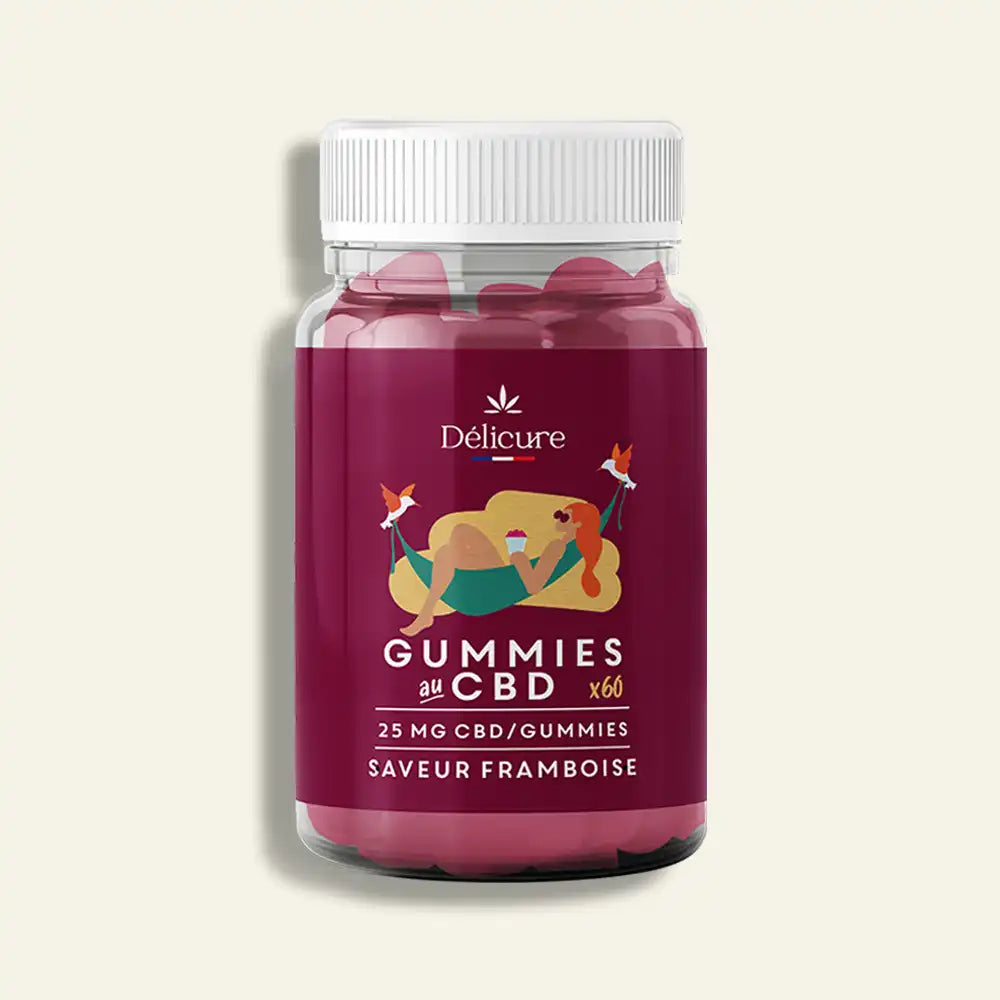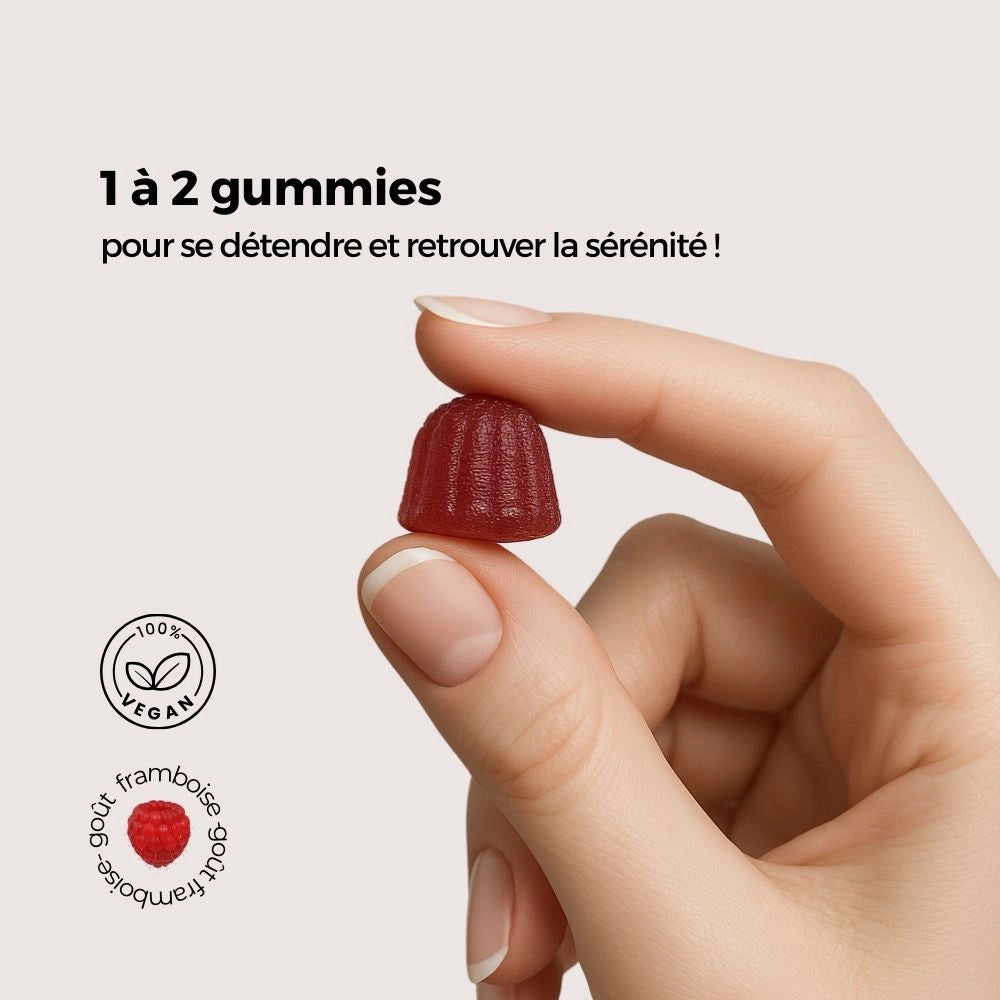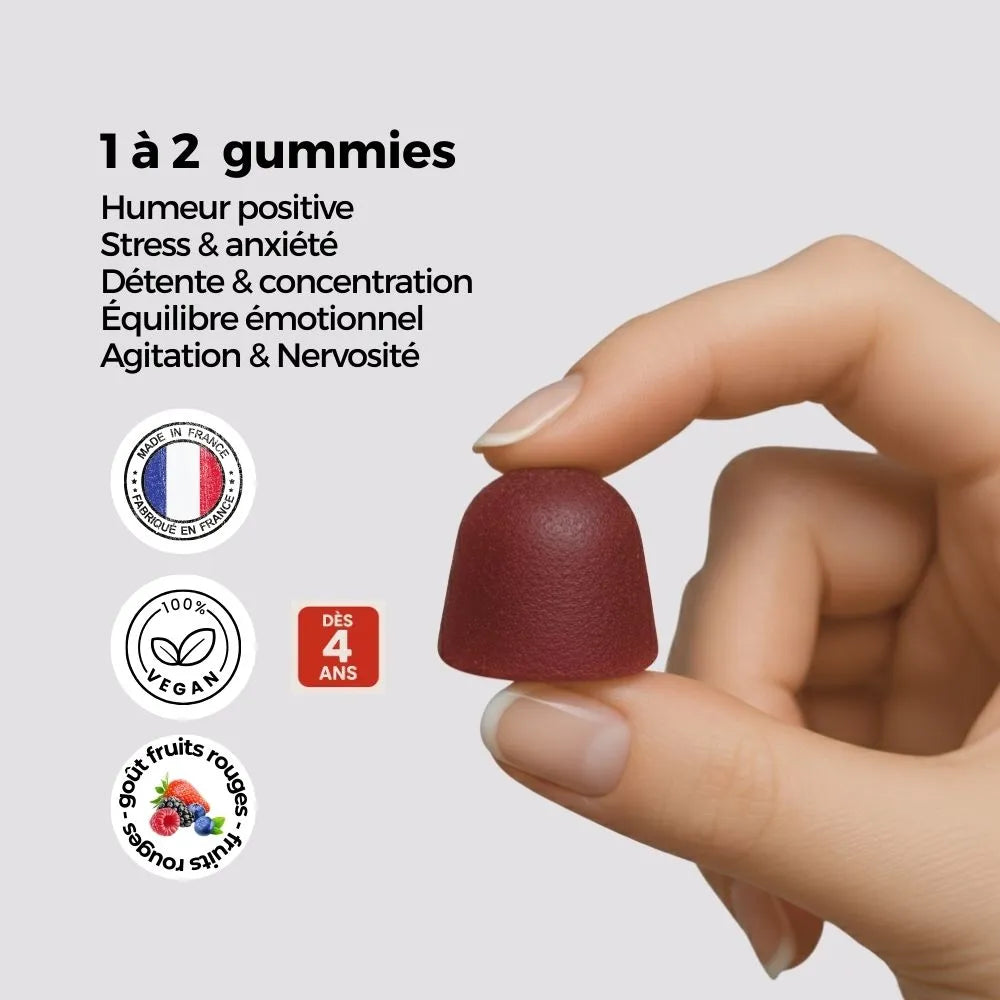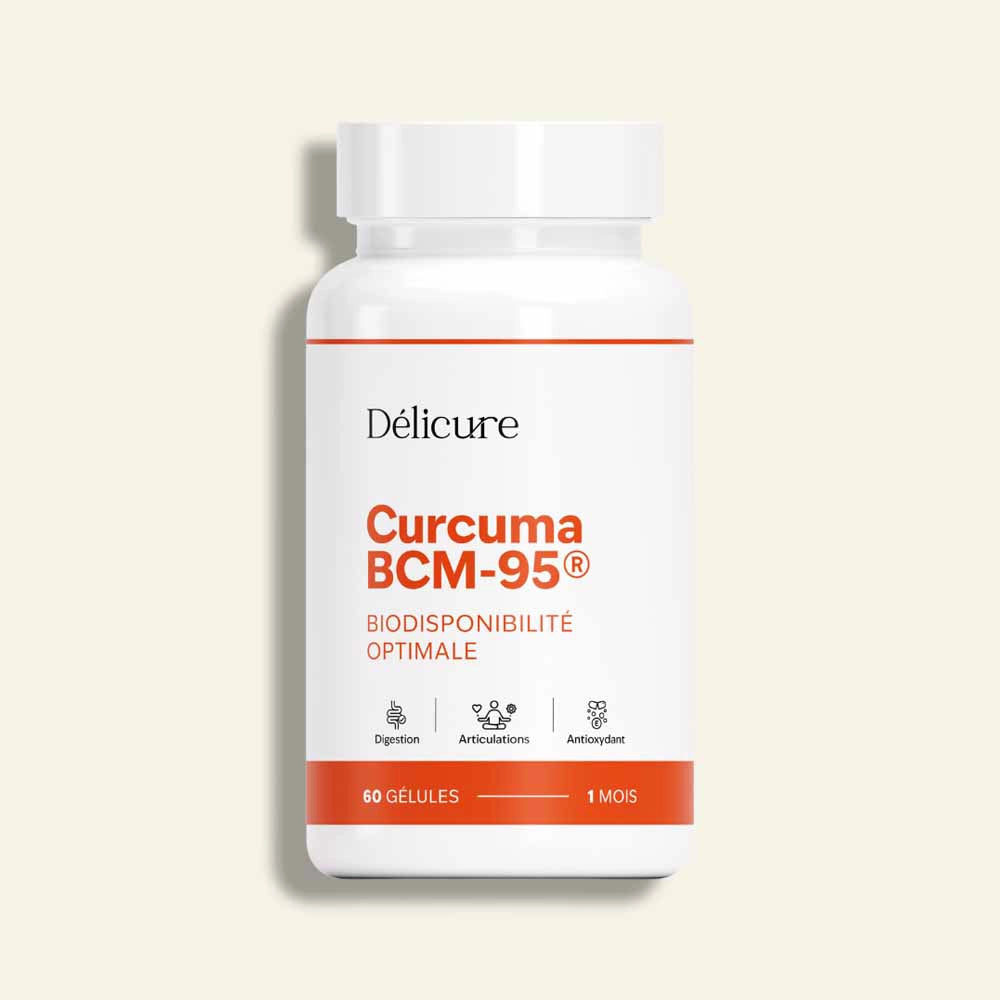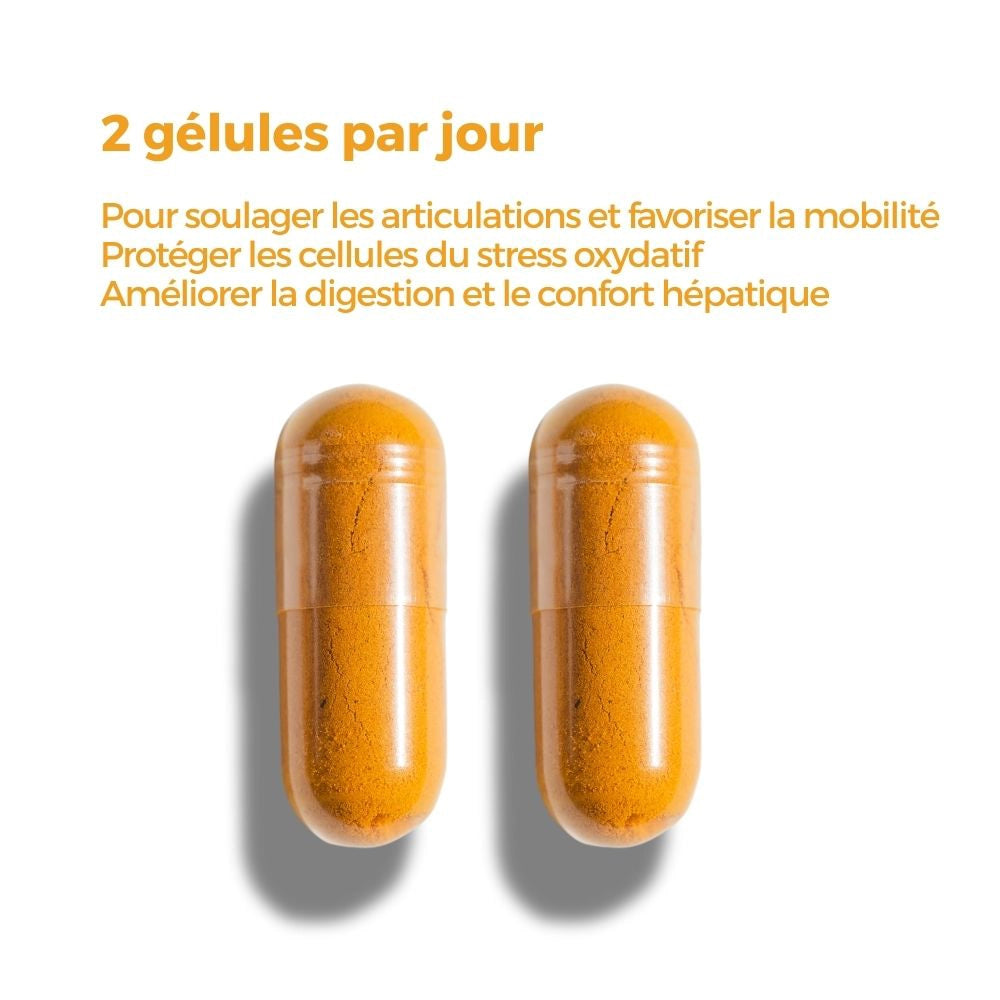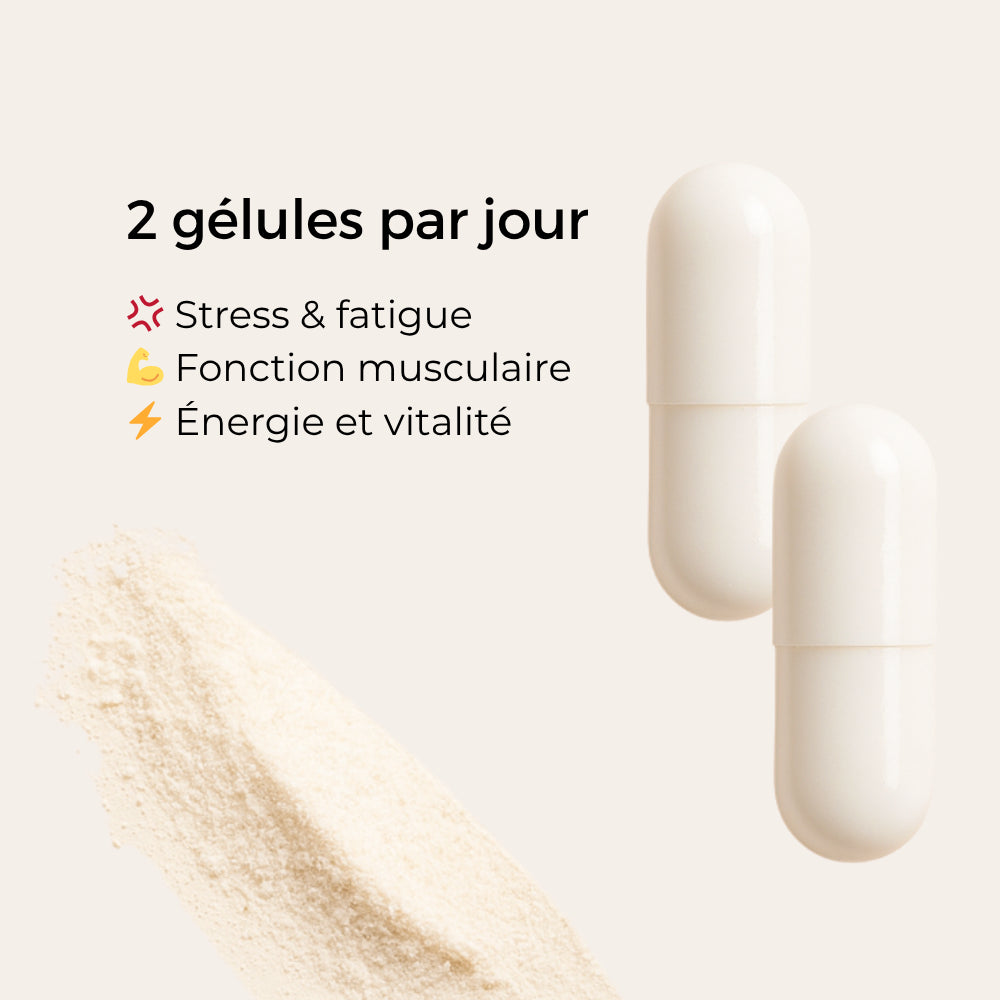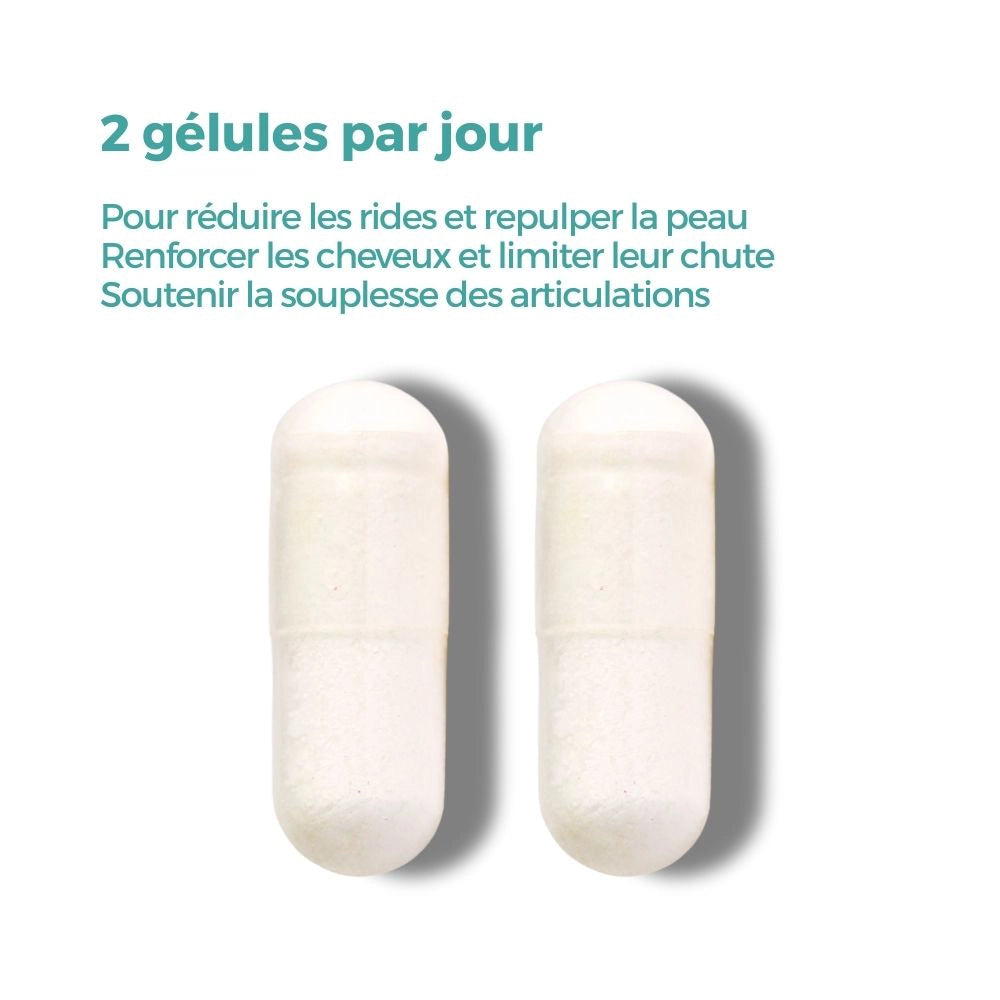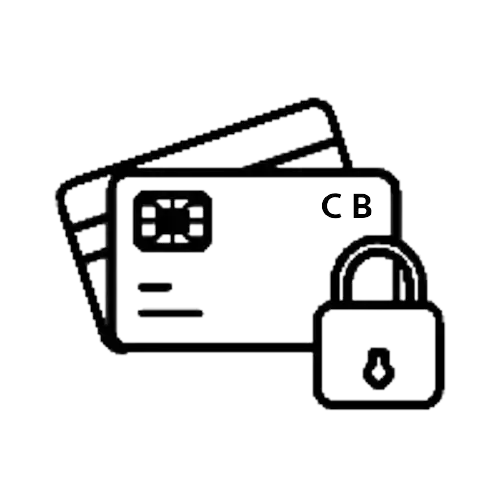
How to work on your memory?
Memory is a pillar of our daily lives. It allows us to retain valuable information from our environment, our studies, our work, or even our personal experiences. When a "memory lapse" occurs, we can feel frustrated and worried. However, the brain has tremendous adaptive abilities: it is possible to work on and improve your memory by adopting a few simple and effective tips.
In this article, we will cover:
- The foundations of memory (short-term memory and long-term memory)
- The importance of concentration in memorization
- Practical tips to boost and train your memory every day
The different types of memory
1. Short-term memory (or working memory)
Short-term memory, also called working memory , is our ability to retain information for a very short period of time, ranging from a few seconds to a few minutes. It is this memory that allows us, for example, to mentally rehearse a telephone number before dialing it.
- Limited capacity : On average, an individual can remember about seven items (numbers, letters, words) immediately after hearing them.
- First stage of learning : When we learn something "by heart," short-term memory is mobilized first before the information potentially moves into long-term memory.
2. Long-term memory
Long-term memory, on the other hand, is an unlimited reservoir of information. Once stored, this information can be recalled later, sometimes even years later.
There are four major categories of long-term memory:
- Semantic memory : brings together general knowledge and culture (definitions, concepts, historical facts, etc.).
- Episodic memory : concerns memories of events experienced, often charged with emotion (birth, marriage, travel, etc.).
- Procedural memory : linked to learned gestures and cognitive processes, such as riding a bicycle or driving a car.
- Perceptive memory : associates information with the five senses (recognizing a smell, a taste, a melody, etc.).

Link between memorization and concentration
To permanently store information, it is essential to be focused. This ability to focus allows the hippocampus to sort and store the data received. In short-term memory, the prefrontal cortex is also involved in tasks requiring attention and concentration (such as solving a logic problem or memorizing a shopping list).
Other areas of the brain contribute to memory, including:
- The premotor cortex (for movement planning)
- The parietal cortex (for sensory integration)
- The occipital cortex (for visual processing)
When concentration is disturbed (by stress, lack of sleep, anxiety, etc.), memorization can suffer, thus promoting the famous “memory lapses”.
Tips to boost and work on your memory
The brain is like a muscle: the more you train it, the better it works. Here are some practical, easy-to-implement tips to improve your memory skills every day:
Have a good sleep
Sleep is a key element in consolidating memory and fighting fatigue. During the night, the brain sorts and organizes the information stored during the day.
- REM sleep : This phase, which occurs after slow-wave sleep, is crucial for emotional recovery and memory retention. On average, it accounts for about a quarter of our sleep time .
- Consequences of a lack of sleep : if this stage is shortened or of poor quality, learning and consolidation of memories can be disrupted.
Read regularly
Reading is a great exercise for the brain. It stimulates neurons, improves concentration and facilitates memorization .
- Imagination and pleasure : reading immerses you in a universe and mentally represents the scenes. This mental exercise is very beneficial, especially since it often provides pleasure.
- Anti-stress effect : reading also helps reduce anxiety , which is important because stress can aggravate memory problems, particularly through the elevation of cortisol (the stress hormone).
Play brain games
Strategy and logic games (chess, checkers, Scrabble) challenge memory, concentration, and reasoning. Individual games (crosswords, Sudoku, Tetris, etc.) are just as effective for:
- Promote rapid learning : memorization of rules and strategies.
- Stimulate information recall : retrieval of words, movements, combinations, etc.
Perform visualization exercises
Simple exercises you can do every day can help improve your memory.
- Visualization : Close your eyes and try to mentally recreate a familiar place (your living room, your kitchen, etc.). Then open your eyes and compare reality to what you visualized.
- Remember your day : Before going to sleep, try to remember precisely everything you did during the day, from the most mundane to the most memorable. This exercise promotes memory retrieval and trains your episodic memory .
Eat foods rich in omega 3
A balanced diet is essential for proper brain function. Omega 3 , present in:
- oily fish (salmon, mackerel, herring)
- fish eggs
- nuts
- certain vegetable oils (rapeseed, soybean, flax, etc.)
…are particularly beneficial for brain health and boosting memory . Conversely, excessive alcohol consumption should be avoided because it damages neurons in the long term, which can lead to brain damage and memory impairment.
Consuming CBD to Reduce Stress and Improve Memory
CBD , or cannabidiol, is a natural molecule that comes from the hemp plant. It is the second most well-known cannabinoid after THC, the main active molecule in cannabis. Unlike the latter, it does not cause psychoactive effects or addiction and is not dangerous to health. Its consumption is completely legal in France.
CBD is increasingly appreciated by consumers for its therapeutic properties. By acting on the endocannabinoid system and its CB1 and CB2 receptors distributed throughout the body, CBD can improve quality of life by promoting relaxation, reducing stress , facilitating sleep, relieving pain and inflammation, and improving memory.
Indeed, according to a study [1] , CBD improves connectivity in the fronto-striatal region of the brain. The latter plays a major role in cognitive processes, including memory.
A second study [2] shows that consuming 600 mg of CBD would increase blood flow to the hippocampus, the part of the brain heavily involved in processing short and long-term memory, behavior and even certain emotions.
Délicure CBD Products
Délicure offers CBD gummies guaranteed THC-free and 100% Made in France. They are made with high-quality CBD sourced from European hemp.
Available in four sugar-free flavors (mint, apple, and blackcurrant/mint) and honey, these melt-in-your-mouth hard candies are delicious and easy to take anywhere.
One gummy contains 10mg of CBD, making it ideal for choosing the exact dose of CBD you want to take.
Délicure also offers other CBD products : gummies and CBD oils.
These products are not dangerous to health and do not cause any side effects or addiction.
To conclude
Memory is a valuable asset that accompanies us throughout our lives. Whether it's short-term memory (working memory) or long-term memory (semantic, episodic, procedural, or perceptual memory), we have various mechanisms for encoding and recalling information. However, many factors can impact our ability to retain and recall data: stress, fatigue, lack of sleep, strong emotions, etc.
To improve your memory , it is essential to take care of your lifestyle ( sleep , diet) and regularly practice stimulating exercises (reading, thinking games, visualization). With products such as CBD, consistency and a good dose of curiosity, it is entirely possible to maintain and even increase your memory skills at any age. So, don't wait any longer to put these tips into practice and take full advantage of your brain's extraordinary potential!
[1] https://pubmed.ncbi.nlm.nih.gov/33551817/
[2] https://journals.sagepub.com/doi/full/10.1177/0269881120936419
--









